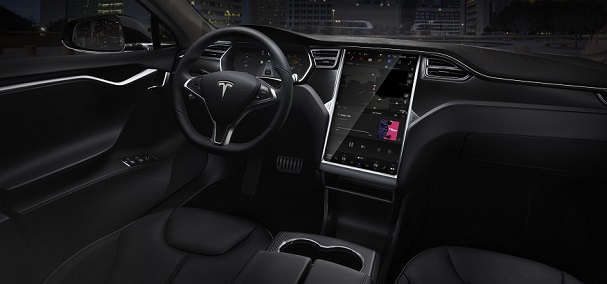Sales of cars boasting autonomous parking will grow by a CAGR of 29.5 percent over the next decade, as the technology becomes cheaper and more sophisticated, new research has claimed.
ABI Research said shipments during the same period will grow at a CAGR of 35 percent, with car makers introducing three phases of the technology.
The first is steering assistance, with the driver remaining in full control of the vehicle. The second phase will be drivers controlling the car from outside of the vehicle. The final phase is fully autonomous parking, where a driver leaves their vehicle at a car park entrance. The car parks itself and returns when summoned.
James Hodgson, Research Analyst at ABI Research, said: “Passive assistance from ultrasonic sensors and exterior cameras are becoming standard features in most new car models in developed regions. As more manufacturers turn toward more autonomous parking solutions, OEMs continue to heavily push for consumer education on the systems’ safety benefits and added convenience, to convince them of the value of the concept.”
However, car manufacturers will have to face some initial scepticism among drivers. ABI cited research from the American Automobile Association that said 80 percent of American drivers described their own parking abilities as “adequate”. Only a quarter would trust a self-parking system.
Hodgson added: “The market could see a spike in consumer adoption of autonomous parking technology if drivers are drawn by correlated lower insurance costs. Given the empirical evidence demonstrating the superiority of autonomous parking, cars fitted with such technologies may yield lower insurance premiums, as the market experienced with other ADASs, such as autonomous emergency braking.”
He added: “As the market moves toward the new future of driverless vehicles, parking will remain an important function, but the evolution could bring about big change. Car parks will theoretically not need to be close to the driver’s final destination once cars can park themselves without driver observation or control.
“This could signify larger social advantages for crowded areas, as inner cities may soon be able to reclaim parking spaces for other purposes. At the same time, the need for parking spaces may ultimately disappear altogether as shared driverless vehicles drop off and pick up customers in a near continuous way.”
Operators have been building LPWANs in order to bring smart parking networks to citizens. Last year, Deutsche Telekom and Huawei built an NB-IoT based network to road users.



